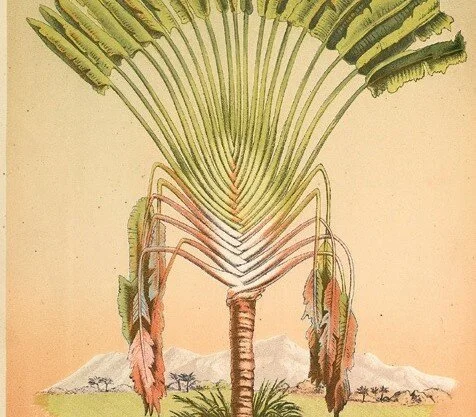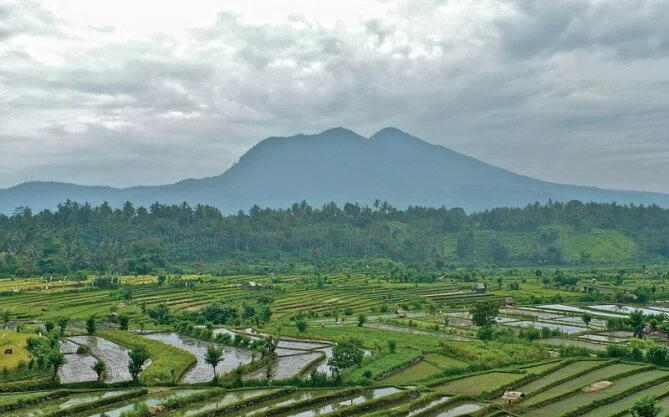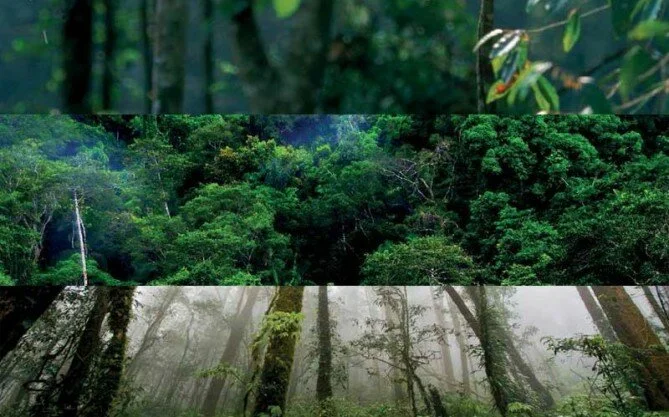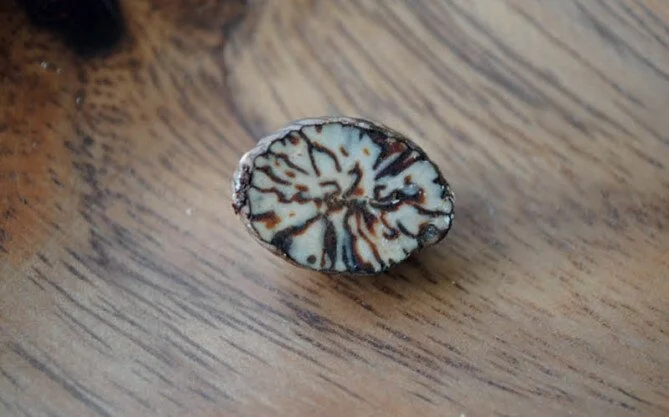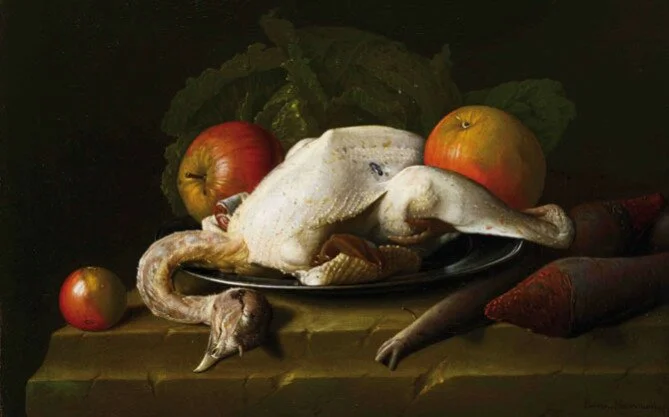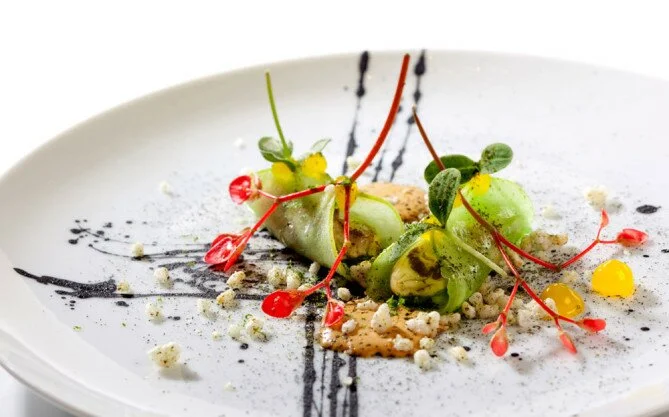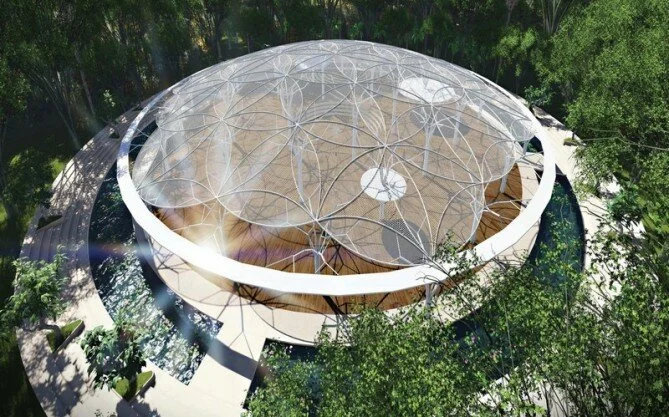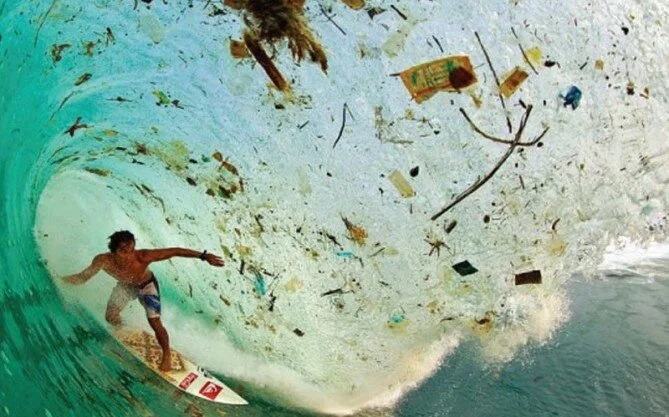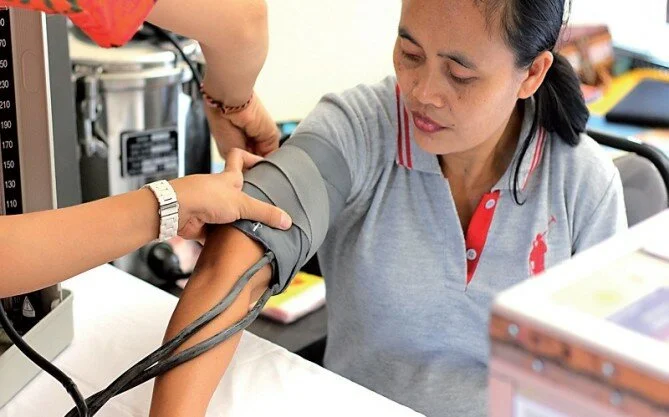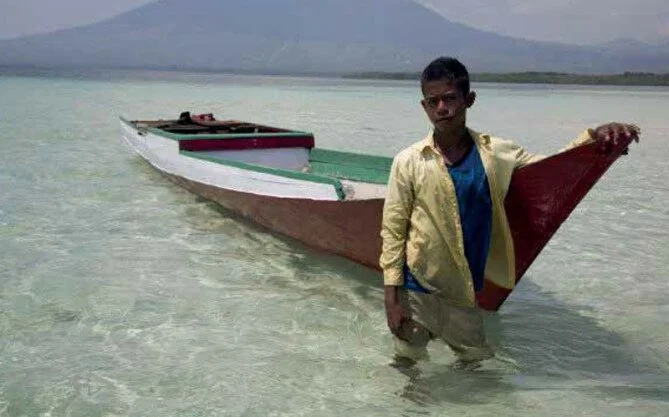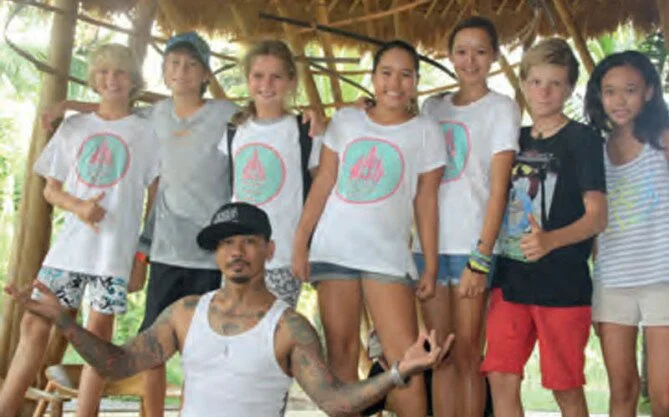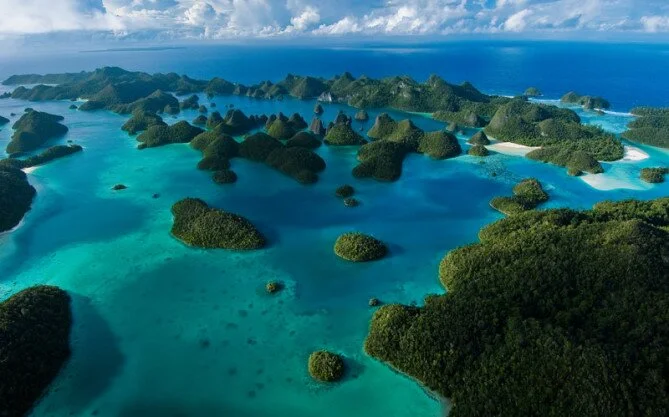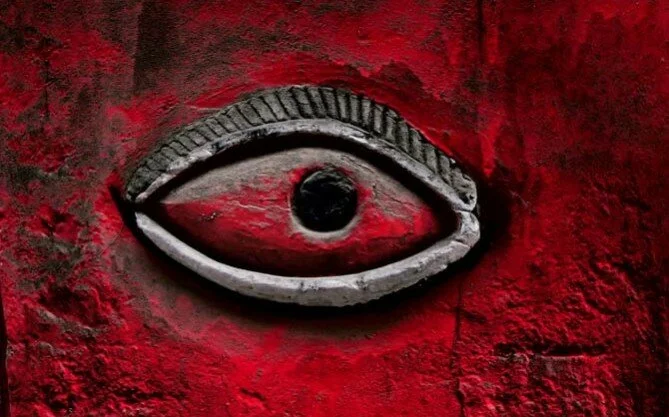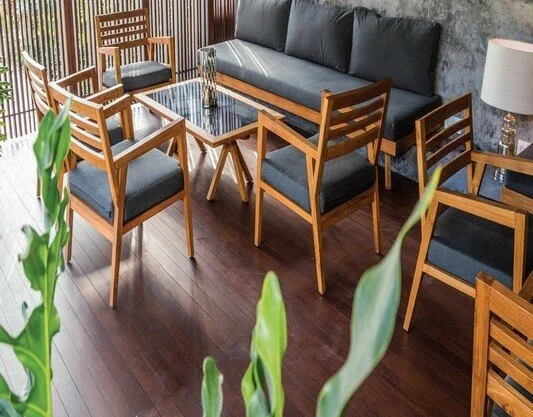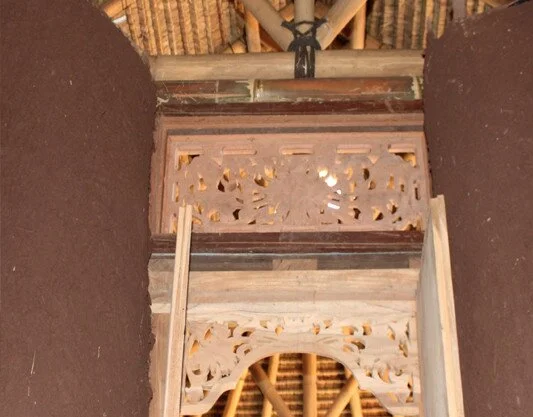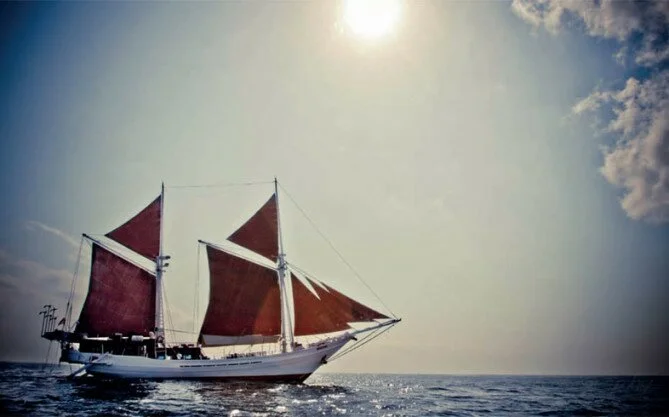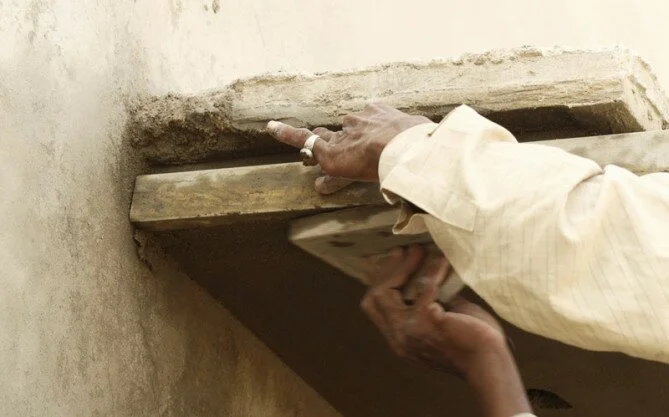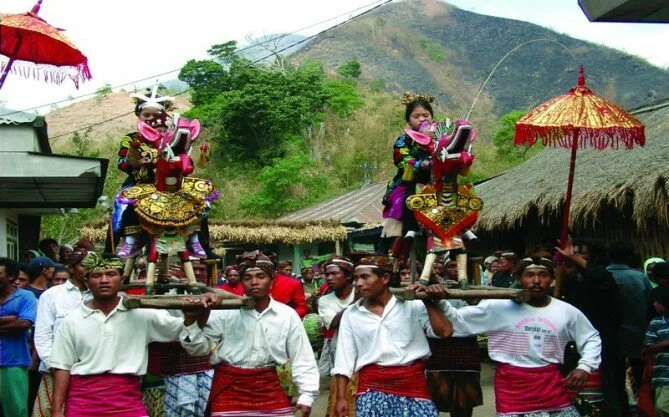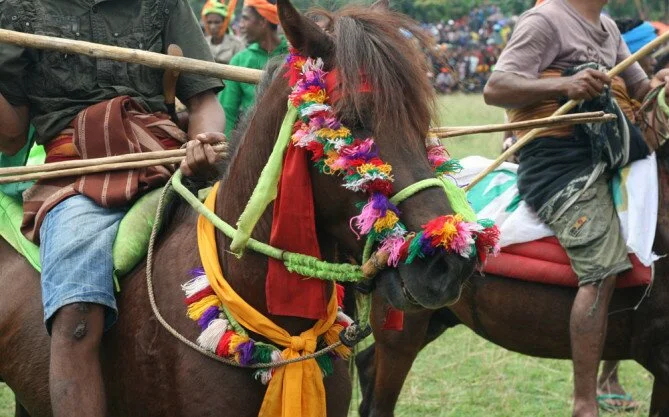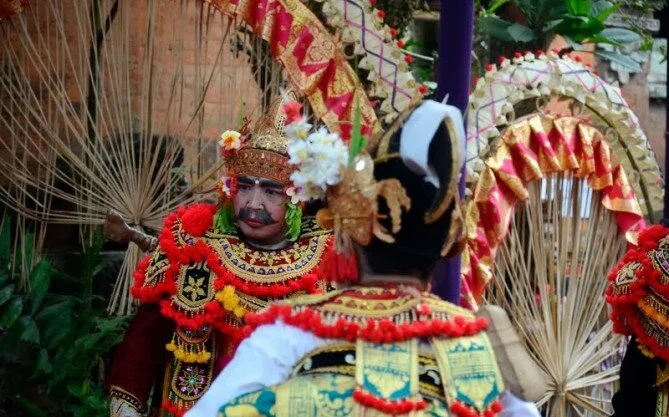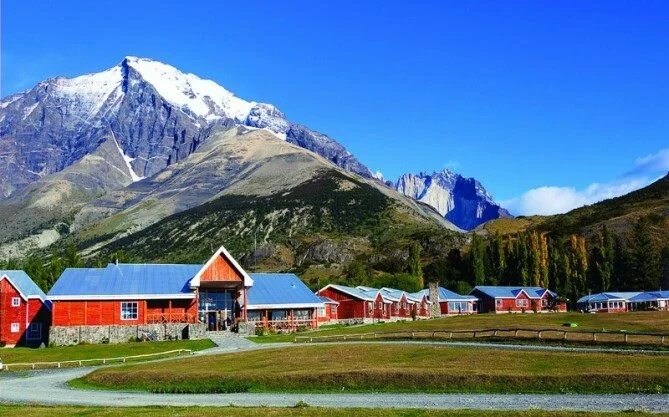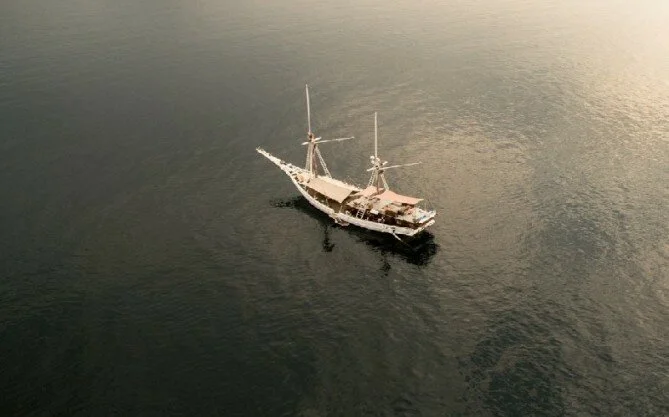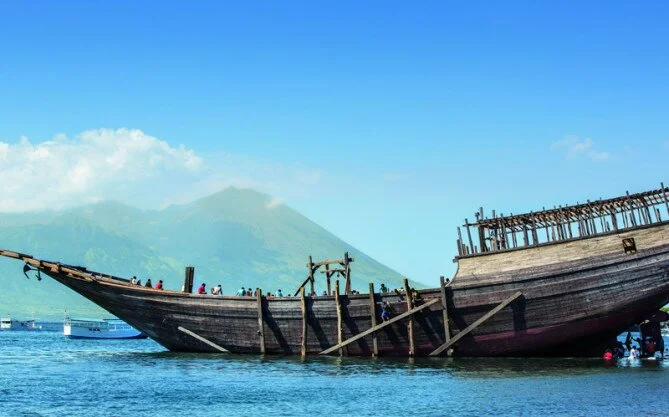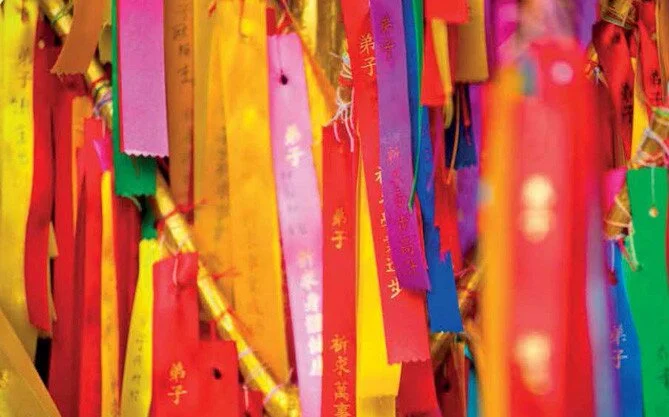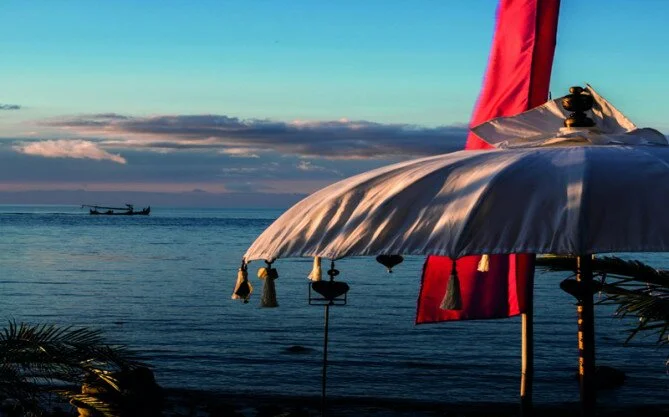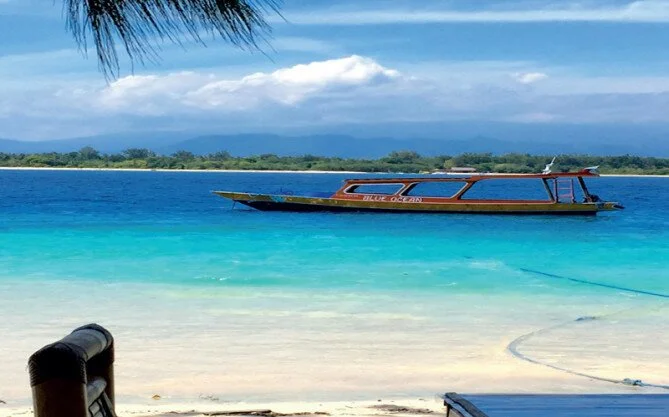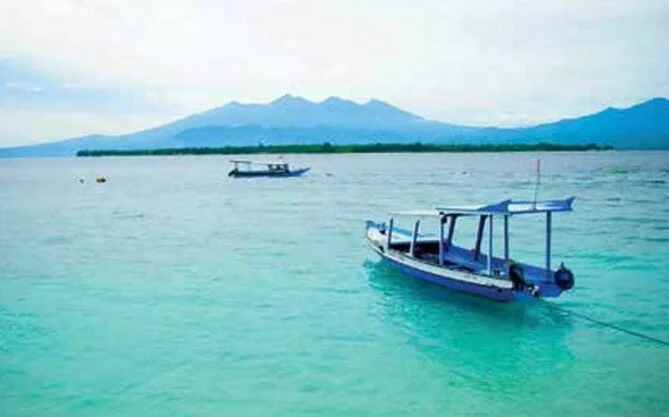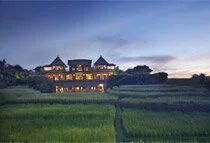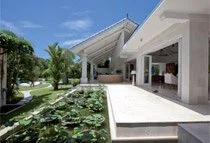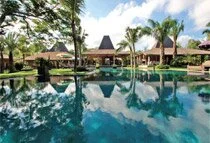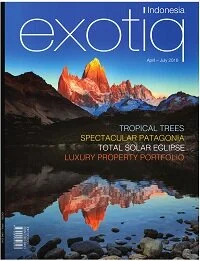Many of the visitors who come to Bali wish to give back to this island that they love so much, and to the people who have been so hospitable and welcoming to them during their visit, but when faced with more than one way of making Bali a better place, there is an urge to support more than one needy cause. So what do you do when, after looking at all the facts, you can’t decide which is the best charity to support? Enter the Garden of Life.
There is a broad range of charities and reputable organisations in Bali all doing wonderful work to create awareness, support the under-privileged, and address the many environmental challenges that the island faces due to mass tourism, unbridled consumption and climate change.
However, the hardest challenge for these charities is to secure a constant flow of cash to allow for meaningful work. “Imagine how many more people could be helped if this task could be taken on by someone else, thereby allowing the charities to focus on expanding and helping even more people?” This is the question posed by Ronny Tome, cofounder of the ‘Garden of Life,’ a Non- Governmental Organisation, which aims to support Bali’s charities through the creation of a sustainable business model that will generate enough funds to help the people who are working towards change. The answer is the Garden of Life Foundation, which has the vision to preserve the beauty and magic of Bali by significantly raising the profile of its well-respected charitable causes and social enterprises in the areas of health, education, technology, community engagement, cultural heritage, and the environment. This objective is being achieved through the construction of the Flower of Life, an architectural eco-monument set within a picturesque 13-hectare ecopark near Jatiluwih in Bali’s Tabanan Regency.
The design of the monument is based on the principles of sacred geometry and one of nature’s great phenomena, the golden ratio, which can be found incorporated in all known organic structures. From the hexagons of a honeycomb to the seed pattern of a sunflower’s disk, to the spiral of a sea shell, the golden ratio seems to be a geometrical blueprint for life itself.
The monument will comprise 429,822 solar-power-generating glass hexagons assembled in the shape of the ‘Flower of Life’ – one of the oldest sacred symbols known to man – and built upon large ‘tree trunks’. Each hexagon will be covered with energy generating interlayers of photovoltaic cells that are expected to generate up to one megawatt of energy, which will be used to take care of all the power needs of the site and will be partially re-fed into the Balinese energy grid to support the local community. The Flower of Life is expected to create the world’s biggest crowd-funded energy field, and will stand as a sustainable and meaningful legacy for future generations of Balinese and vistors to the island. Individuals, groups and corporate businesses worldwide are invited to contribute to its construction. All donors of US$100 or more will be honoured with a tree planted in their name within the Garden of Life, and donors of US$250 or more will additionally have one of the hexagons permanently engraved with their name and birth date. Through this action, they will be joining a global community of people who share the same vision for Bali, and they will be contributing their energy to the largest energy matrix on Earth.
The eco-park will become a major tourist attraction, and a unique location for corporate and cultural events. Providing a peaceful, meditative, garden environment for visitors, and symbolising togetherness, as well as the interdependence and sacredness of life, it will draw attention to the social and environmental challenges that Bali faces, while educating people about the solutions. Income from entrance fees, and retail sales of specialty products from Charity Partners, will enable the Garden of Life to support those in need across the island. The Charity Partners at this stage include the Muntigunung Poverty Eradication Programme; Yayasan Bumi Sehat (Healthy Mother Earth Foundation); Solemen – helping Bali’s disadvantaged; L Wellness Asia, a global leader in the development and deployment of appropriate technology for village-based coconut empowerment; the Bye Bye Plastic Bags initiative; and the Karang Lestari Foundation, which is the world’s biggest coral reef conservation and restoration programme.
The Foundation’s board is comprised of philanthropists, entrepreneurs, and leading Balinese figures in the fields of community-based tourism and socio-cultural ecology. These include the former Regent of Tabanan, Bapak Nyoman Adi Wiryatama, who was the recipient of the national Kalpataru Award for his efforts in the environmental sector; and Bapak Ketut Nuryasa who has served on the Bali Tourism Board for over 15 years and helps to determine tourism policy. Ambassadors include Ade Rai, Bali’s most famous bodybuilder and promoter of healthy living; musician Piyu Alghani; and CNN hero of the year, Ibu Robin Lim. Ronny concludes, “By uniting segments of Bali‘s people, politicians, businesses and NGOs within one single project, supported by individuals and companies from all over the world, Bali can set an example of harmony, love, unity and peaceful togetherness.” The beauty and magic of Bali is the reason why visitors come here and why foreigners choose to live here; it is also the basis for the existence of many companies and organisations within the tourism and service sector. The Garden of Life Foundation is seeking the support of individuals and corporate companies that benefit from the beauty of Bali and care enough to take action to protect it. And while most charitable causes need continuing help with regular donations, the Garden of Life asks only for a one-time donation. More information about the project and details on how to donate can be
found by visiting the website below.

